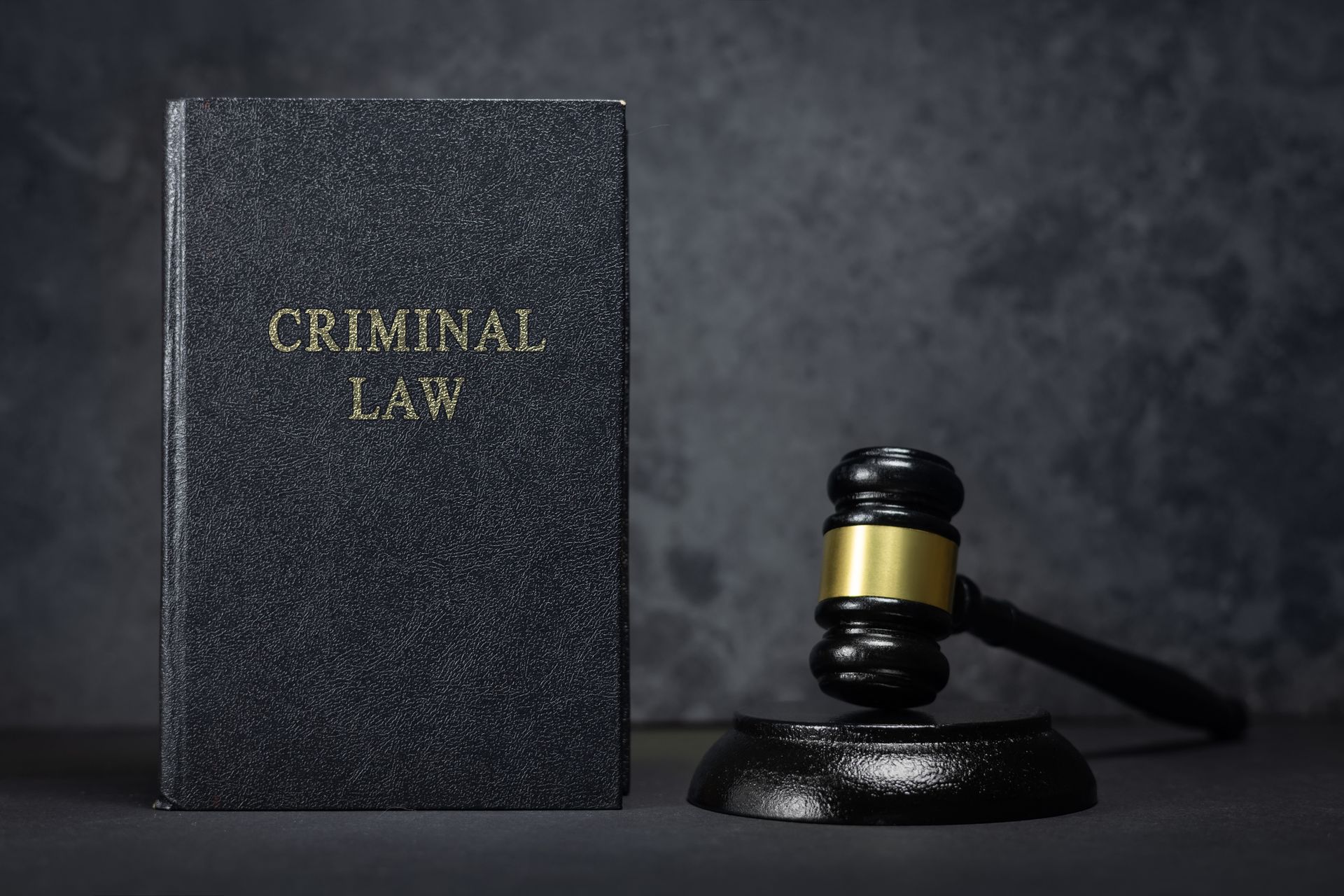Estate Planning – Should I leave my life insurance to my estate?

During the estate planning process it is important to consider the different options you have for your life insurance policy. Life insurance policies are usually left to the beneficiaries and are not considered part of the estate, unless there is no named beneficiary, or the first beneficiary passed away, in this case, the life insurance policy becomes the property of the estate. This means, if there is no clear, living beneficiary when you pass, your life insurance policy can be used to pay off debts and subject to probate.
Clearly, it is important to identify a living beneficiary or beneficiaries for your life insurance policy to avoid unwanted taxes and probate; however, there are some instances when it makes sense to intentionally include your life insurance policy as part of your estate planning.
For instance, some people intend to utilize their life insurance policy to pay off their final bills, or they may wish to dictate gradual payments to younger beneficiaries through a properly structured trust. When considering these options, it is important to work with an estate planning attorney to properly set up the estate and trust to accomplish your goals. An estate planning attorney can help you evaluate how the life insurance policy will affect your overall estate, and whether including it will result in increasing payouts and/or decreasing the amount paid to loved ones.
Some important estate planning considerations include:
1. When you pass away, all your debts are passed on to your estate. Outstanding debts such as mortgages, medical bills, creditors etc. are paid in an order dictated by the state. It is important that the executor of the will does not pay debts out of order or they may become liable for that money.
2. Most assets are instantly considered part of your estate upon death. This includes houses, property, cars, and liquid cash assets that are in your name only.
3. If your estate cannot pay all the debts and is determined to be “insolvent”, your beneficiaries are not liable for the debt, but the executor of the estate may be required to sell off any inheritable assets to pay these debts, leaving little to nothing for the intended beneficiaries. In this case it is important to evaluate if the life insurance policy would be more beneficial protecting the assets in the estate, or if it would be better off to lose the assets providing only the policy reward to the intended beneficiary.
4. Families with business related assets may need to utilize the life insurance policy to cover cash flow needs, maintenance or other business expenses.
5. Life insurance policies left to the estate can help to even out the distribution of large assets, such as the family business which may not be distributed equally amongst beneficiaries.
An additional option would be setting up a life insurance trust. This can protect the life insurance proceeds from the estate responsibilities and taxes; however, there are many different types of life insurance trusts and the implications and needs vary depending on the size of the estate and the anticipated amount of debt.
To ensure your estate is protected and that your beneficiaries are not left with unwanted surprises, it is important to meet with a qualified estate planning attorney to review your current policies and make the appropriate arrangements in advance. If you live in Colorado, you can contact LaCroix & Hand P.C. where our experienced estate attorneys can review your assets, help you understand your life insurance policy options and make the best choices for your loved ones.










